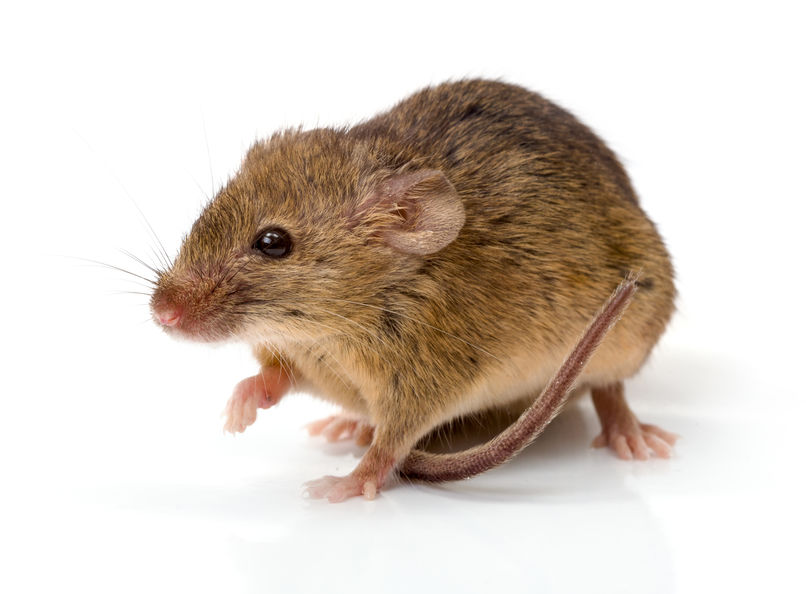Whether it’s due to climate change or wildfires, wild rodents may be moving around different parts of California than they’re used to. Cactus mice, inhabitants of Southern California and Baja, have typically been found in the coastal sage scrub and desert slopes of the San Gabriel Mountains. Deer mice, similar in size to house mice, are also common in California. What these rodents are most known for, however, is that they can spread the potentially deadly hantavirus (HPS).
Hantavirus is common in San Diego County. In 2019, 42 rodents collected in routine trapping tested positive for the disease, which has no vaccine or cure. Mice infected with HPS can transmit the disease to humans through bites that break the skin, but this is fairly rare. The virus usually spreads through “aerosolization” — a process through which infected mice shed the virus through their saliva, droppings, and urine, and humans inadvertently inhale the particles if they are stirred up. It is not contagious. While fewer than 50 cases of the virus have been diagnosed in California in the last ten years, it is still good to familiarize yourself with the symptoms and ways to minimize infection and transmission.
Hantavirus symptoms may develop between one and eight weeks after exposure to fresh urine, droppings or saliva of infected rodents. Early symptoms include: fatigue, fever, muscle aches especially in large muscle groups; may also experience headaches, dizziness, chills, and abdominal pain with related issues. HPS may be fatal; it has a mortality rate of 38 percent. If you experience any of these symptoms, seek immediate care – the earlier, the better. It is important to tell your doctor you have been around rodents so s/he can look for any rodent-carried diseases, such as HPS.
The best ways to try and prevent the spread of HPS and other rodent-carried diseases is to limit contact by taking the following steps:
- Fill up holes, cracks and gaps inside and outside your home. Mice can squeeze through a hole the size of a nickel, and rats can squeeze through a hole the size of a half dollar! Prevent rodents from entering the home by checking inside and outside the house for gaps or holes.
- Clean up rodent food sources and nesting sites. For example, keep food in thick plastic or metal containers with tight lids, put away pet food and do not leave out overnight, keep bird feeders and compost bins far away from the home, and keep outside cooking areas and grills clean.
- Trim up landscape. Mice may make themselves tiny, but they aren’t Olympians! Keep trees, shrubs and limbs trimmed back at least four feet from your home.
- Call up a professional. Rodents are one of the most frustrating household pests and can be dangerous, so it’s best not to take a chance when dealing with them. Expert help will give you much better results than working on your own.
Seen evidence of rodent infestation in your home? A professional consultation will get you covered.







